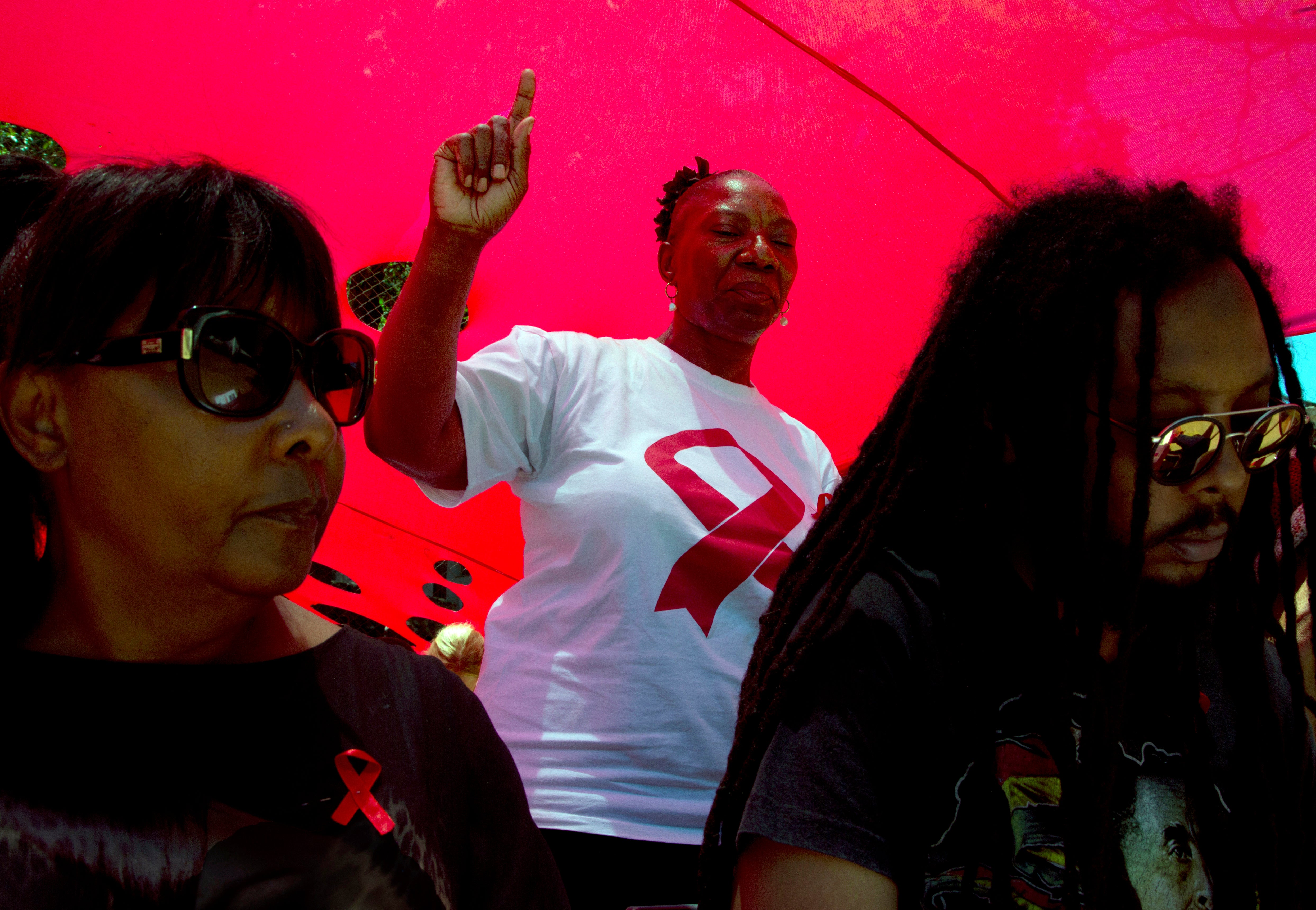African company to start making vaginal rings that protect against HIV
A South African company will make vaginal rings that protect against HIV, which AIDS experts say should eventually make them cheaper and more readily available

A South African company will make vaginal rings that protect against HIV, which AIDS experts say should eventually make them cheaper and more readily available.
The Population Council announced Thursday that Kiara Health of Johannesburg will start making the silicone rings in the next few years, estimating that 1 million could be produced annually. The devices release a drug that helps prevent HIV infections and are authorized by nearly a dozen countries and the World Health Organization.
The nonprofit council owns the rights to the rings, which are now made by a Swedish company. About 500,00 rings are currently available to women in Africa at no cost, purchased by donors.
Ben Phillips, a spokesman at the U.N. AIDS agency, said the advantage of the ring is that it gives women the freedom to use it without anyone else’s knowledge or consent.
“For women whose partners won’t use a condom or allow them to take oral (preventive HIV) medicines, this gives them another option,” he said.
HIV remains the leading cause of death among women of reproductive age in Africa and 60% of new infections are in women, according to figures from WHO.
The ring releases the drug dapivirine in slow doses over a month. It currently costs $12 to $16, but experts expect the price to drop once it is widely produced in Africa. Developers are also working on a version that will last up to three months, which should also lower the yearly cost.
WHO has recommended the ring be used as an additional tool for women at “substantial risk of HIV” and regulators in more than a dozen African countries, including South Africa, Botswana, Malawi, Uganda and Zimbabwe have also given it the green light. WHO cited two advanced studies in its approval, saying the ring reduced women’s chances of getting HIV by about a third, while other research has suggested the risk could be dropped by more than 50%.
Last year, activists charged the stage in a protest during last year's biggest AIDS meeting, calling on donors to buy the silicone rings for African women.
___
The Associated Press Health and Science Department receives support from the Howard Hughes Medical Institute’s Science and Educational Media Group. The AP is solely responsible for all content.
Bookmark popover
Removed from bookmarks